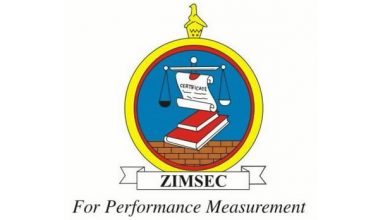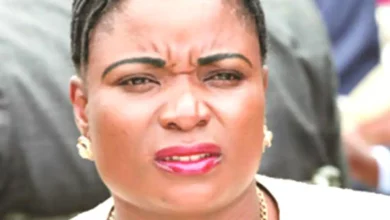Lawyers rip into deferment of rentals regulations

By Albert Nxumalo
The Law Society Of Zimbabwe has expressed grave concern at the Government’s regulations that gave effect to the deferment of payment of rentals and mortgages during the lockdown period describing them as irrational and “ultra vires the enabling Act”.
Last week, President Emmerson Mnangagwa signed into law the deferment of payment of rentals and mortgages from May until the end of the lockdown with the aim of assisting citizens that have lost income in honouring these obligations.
The measures came under Statutory Instrument (SI) 96 of 2020 Presidential Powers (Temporary Measures) (Deferral of Rent and Mortgage Payments During National Lockdown) Regulations.
This was after Cabinet had recommended that tenants be allowed to defer payment of rentals during the lockdown as a result of the global Coronavirus.
Reads part of the regulation, “Whereas on account of the national lockdown many persons are on forced leave from employment and therefore unable to earn the income necessary to pay for, among other things, rental for residential accommodation and mortgage repayments; now, therefore His Excellency the President, in terms of Section 2 of the Presidential Powers (Temporary Measures) Act [Chapter 10:20], hereby makes the following regulations…”
Basically, the law allows tenants and those with mortgage debts to pay their landlords and creditors in a staggered manner in equal instalments.
In a statement dated May 3, the lawyers union said in their view the regulations “brings about an unjustifiable scenario where a commercial landlord who benefits from a deferment of mortgage repayments can still legitimately demand rental payments from his tenants of the same commercial premises “
They said the regulation “seeks to take the burden from one citizen and thrust it upon another who may also be suffering the consequences of the lockdown.”
The law society said based on the SI preamble, it is stated that the instrument was made in the interest of health and public safety, as provided in Section 2 of the Act.
The preamble reads “on account of the lockdown many people are on forced leave from employment and therefore unable to earn the income necessary to pay for among other things, rentals for residential accommodation and mortgage repayments.”
“It is the Law Society of Zimbabwe’s considered view that the above basis as stated in the preamble to the regulations does not meet the criteria set out in Section 2 of the Presidential Powers (Temporary Measures) Act”.
Lawyers said this does not address, the interest of defence, public safety, public order, public morality, public health, the economic interest of Zimbabwe or the general public interest.
“The situation describes an economic difficulty in respect of a section of the population and only in respect of a section of the national economy.
“In this regard, therefore, the Law Society believes the regulations are ultra vires the enabling Act. Given the foregoing the Society also believes that SI 96 of 2020 would therefore be irrational when measured against the principal law from which it draws its authority”.
On May 1, the lockdown was further extended by 14 days. The previous extention was set to end on May 3 with the initial phase having been implemented from March 30.
According to the lawyers the regulations which generated mixed views from the public also fails to take into account the effect of loss of income that would result from the implementation of the SI for individuals who solely rely on rental income.
Added the statement, ” At the same time, the individuals whose property rights are being interfered with, are still liable to pay rates, insurance premiums and other expenses for the same properties.
“They are also suffering the negative effects of the lockdown. Instead of holistically solving the burden brought about by the lockdown, the SI seeks to take the burden from one citizen and thrust it upon another who may also be suffering the consequences of the lockdown”.
Furthermore, the law society said the regulations as expected by its broader membership and the general populace “will cause public service providers like Zinwa, Local Authorities and ZESA to suspend or defer charging for their services which are basic needs if the inspiration behind S1 96 of 2020 was to cushion the public against the negative effects of the COVID-19 pandemic.
“The Law Society is deeply concerned that SI 96 of 2020 only interferes with contracts between parties in relation to residential properties and leaves out the contracts in respect of commercial properties for no apparent reason”.
Government could have approached the issue in a more holistic manner if the rationale was to reduce the burden of COVID-19 effects on the populace, added the lawyers.






